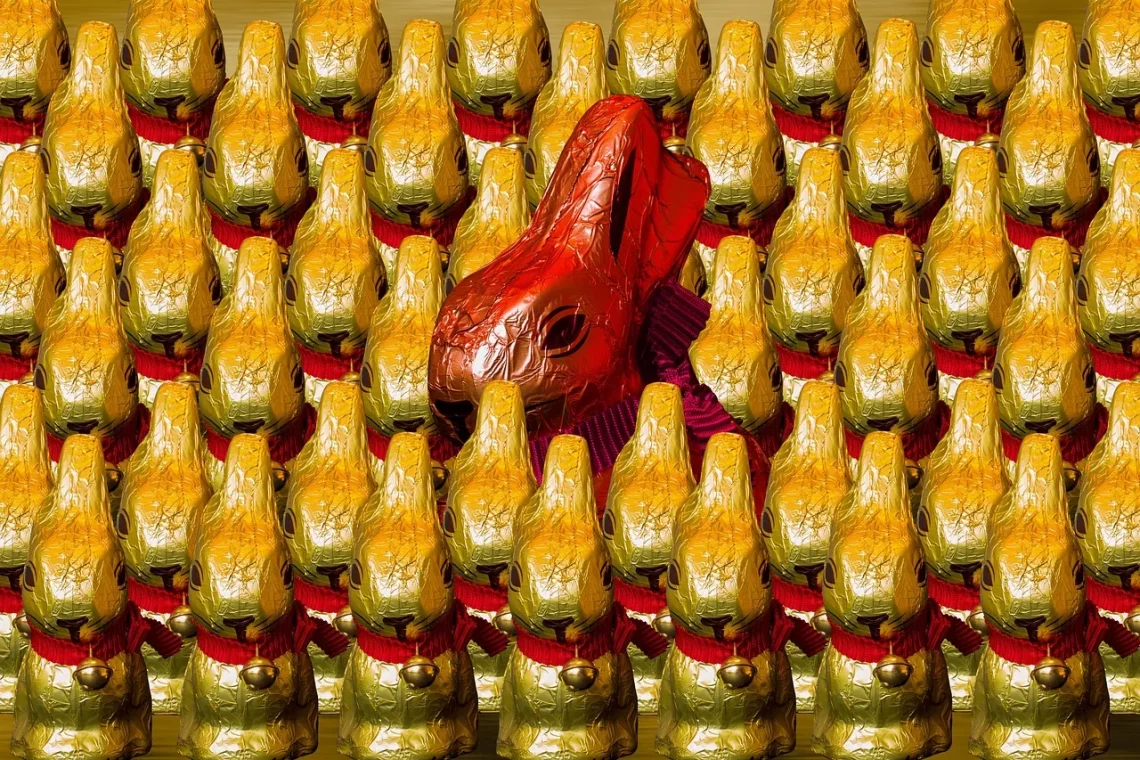
The Enchanting World of Long-Haired Bunnies and Their Care
The allure of long-haired bunnies captivates many animal lovers, drawing them into a world filled with charm and tenderness. These enchanting creatures, adorned with luscious fur, embody both beauty and playful spirit. Their gentle demeanor and affectionate nature make them ideal companions for families and individuals alike. Long-haired bunnies come in various breeds, each with unique characteristics and captivating personalities, which adds to their appeal.
However, owning a long-haired bunny involves more than just admiring their beauty. These fluffy companions require dedicated care and attention to thrive in a domestic environment. Potential owners must be aware of the commitment involved, including grooming, diet, and overall well-being. Understanding their specific needs is crucial to ensuring they lead happy, healthy lives.
As we delve into the enchanting world of long-haired bunnies, we will explore their grooming requirements, dietary considerations, and ways to create a nurturing environment. By gaining insight into these aspects, prospective owners can make informed decisions and provide their beloved bunnies with the best possible care.
Grooming Essentials for Long-Haired Bunnies
One of the most critical aspects of caring for long-haired bunnies is grooming. Their luxurious fur requires regular maintenance to prevent matting and tangles. Unlike short-haired breeds, long-haired rabbits have a coat that can become easily entangled, leading to discomfort and even skin issues if not addressed promptly.
To establish a grooming routine, it is advisable to brush your bunny’s coat at least once a week. For those with particularly long or thick fur, daily brushing may be necessary. Using a slicker brush or a wide-toothed comb can help remove loose fur and debris effectively. It’s essential to be gentle during this process, as bunnies have sensitive skin.
In addition to brushing, regular checks for mats are vital. If you discover any tangles, use your fingers to gently separate them or carefully cut them out with blunt-nosed scissors. Never pull on the fur, as this can cause pain or injury. Some owners find it beneficial to use a grooming spray designed for rabbits to make the process smoother.
Bathe your long-haired bunny only when absolutely necessary, as bathing can strip natural oils from their fur and lead to skin irritation. If your bunny does get dirty, spot cleaning with a damp cloth or pet-safe wipes can be an effective alternative. Always ensure that your rabbit is completely dry afterward to prevent chills.
Additionally, pay attention to your bunny’s ears, nails, and dental health. Regular ear checks and trims of their nails are crucial parts of grooming that should not be overlooked. Providing chew toys can help maintain their dental health, as rabbits’ teeth continuously grow and require regular wear.
Overall, a consistent grooming routine not only enhances your bunny’s appearance but also strengthens the bond between you and your pet, fostering trust and companionship.
Feeding Your Long-Haired Bunny: Dietary Considerations
A well-balanced diet is fundamental to the overall health of long-haired bunnies. These delightful pets require a diet rich in fiber to support their digestive system and maintain a healthy weight. Hay should form the cornerstone of their diet, providing essential nutrients and aiding in dental health. Timothy hay, orchard grass, and meadow hay are excellent options that encourage natural chewing behaviors and prevent obesity.
Fresh vegetables are another vital component of a long-haired bunny’s diet. Leafy greens such as romaine lettuce, kale, and cilantro can be offered daily, introducing variety and essential vitamins. However, it is crucial to introduce new vegetables gradually to avoid digestive upsets. Always wash vegetables thoroughly to remove any pesticides or chemicals before offering them to your pet.
Pellets designed specifically for rabbits can supplement their diet but should be given in moderation. Look for high-quality pellets that are high in fiber and low in protein and calcium. Avoid brands that contain seeds, nuts, or dried fruits, as these can be unhealthy for bunnies.
Fresh water should always be available, and it’s essential to check their water supply daily. Some bunnies prefer drinking from a bowl, while others may use a water bottle. Experiment to see which option your bunny prefers and ensure it stays clean and free of debris.
Monitoring your bunny’s weight is also crucial, as obesity can lead to various health issues. Regular vet check-ups can help identify any dietary-related concerns and ensure that your pet is thriving.
In summary, a well-rounded diet that emphasizes hay, fresh vegetables, and quality pellets will contribute significantly to the health and happiness of your long-haired bunny.
Creating a Comfortable Living Environment
A suitable living environment is imperative for the well-being of long-haired bunnies. Providing a safe and enriching space will allow them to thrive, both physically and emotionally.
Start by selecting a spacious cage or hutch that allows your bunny to move around freely. A multi-level setup can be beneficial, as it provides additional space for exploration and exercise. Ensure that the enclosure is well-ventilated and located in a quiet area of the home, away from direct sunlight and drafts.
Bunnies are natural diggers and chewers, so incorporating various textures and materials into their environment can keep them entertained. Provide chew toys made from untreated wood or cardboard to satisfy their instinctual behaviors. Additionally, consider including a litter box filled with paper-based or hay-based bedding to promote cleanliness and encourage natural behaviors.
Creating a safe play area outside the cage is equally important. Bunny-proof the space by removing any hazards, such as electrical cords and toxic plants. Supervised playtime allows your bunny to explore, hop around, and engage in physical activity, which is essential for their health.
Social interaction is crucial for bunnies, as they are highly social animals. Spend quality time with your long-haired bunny daily, engaging in gentle play and bonding activities. This interaction not only strengthens your relationship but also keeps your bunny mentally stimulated.
As you curate your bunny’s living environment, remember that comfort and safety go hand in hand. By addressing their physical needs and emotional well-being, you’ll create a sanctuary that allows your long-haired bunny to flourish.
Understanding the Behavior of Long-Haired Bunnies
Understanding the behaviors of long-haired bunnies is essential for fostering a happy and harmonious relationship with your pet. These delightful creatures communicate through various body language cues, and recognizing their signals can enhance your experience as a bunny owner.
Bunnies are known for their playful antics, often engaging in behaviors such as binkying, which involves hopping and twisting in the air. This joyful display indicates that your bunny is happy and comfortable in their environment. Additionally, you may notice your bunny digging or chewing on objects, which is a natural instinct and a way for them to explore their surroundings.
When bonding with your long-haired bunny, patience is key. Some bunnies may take longer to warm up to new people or environments, while others may be more outgoing. Allow them to approach you at their own pace, and avoid forcing interactions. Offering treats can be an effective way to build trust and encourage your bunny to come closer.
Vocalizations can also provide insights into your bunny’s feelings. Soft grunting or purring sounds often indicate contentment, while thumping can signal distress or fear. Paying attention to these vocal cues will enable you to respond appropriately to your bunny’s needs.
Another important aspect of bunny behavior is the need for territory. Bunnies are territorial animals, and they may mark their space with urine or by rubbing their chin on objects. Providing them with a cozy space that they can call their own will help them feel secure.
In conclusion, understanding the behavior of long-haired bunnies can significantly enhance your relationship with them. By observing their cues and respecting their space, you can foster a loving and trusting bond that will enrich both your lives.
**Disclaimer:** This article is not intended as medical advice. For any health concerns regarding your pet, please consult a veterinarian.




